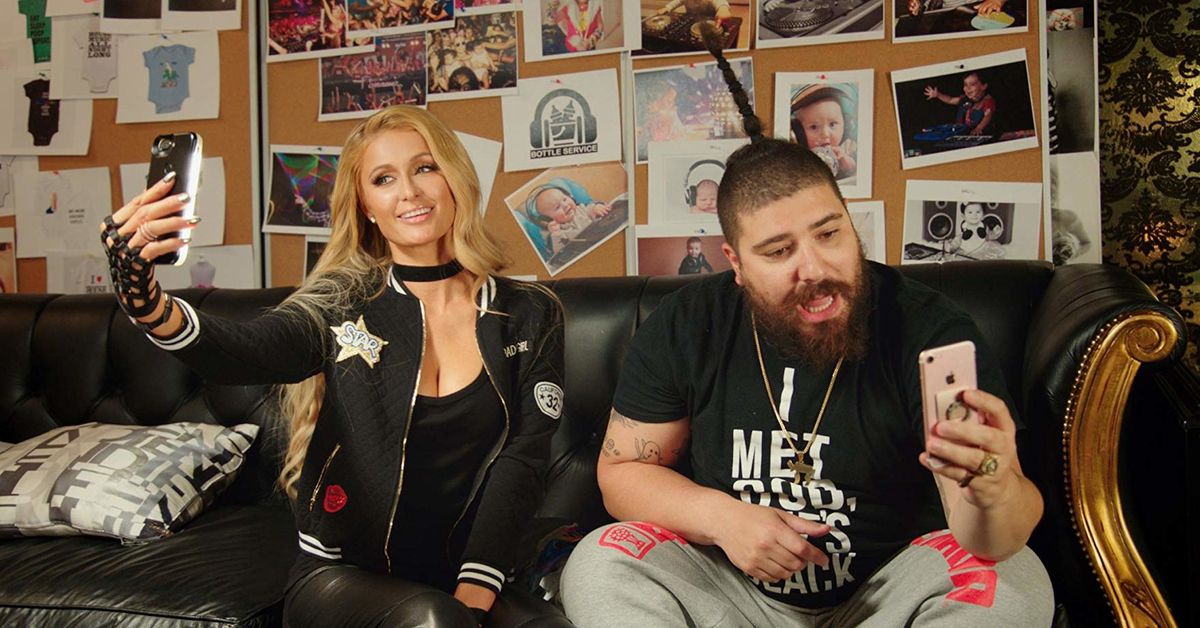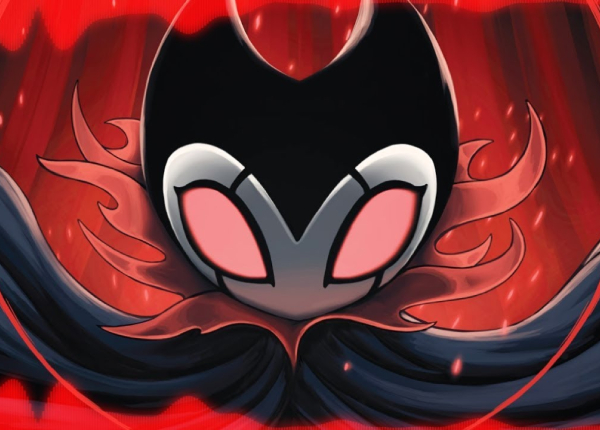Netflix’s doc The American Meme digs into the truth about Instagram stars

Before the title sequence of Netflix’s new documentary The American Meme even rolls, model Emily Ratajkowski fires back at people that criticize her for posting on Instagram for the attention. “What’s wrong with attention?” she says.
The nature of the celebrities featured in the doc makes it hard to take anything they say seriously. They construct their lives and social image around what people want from them — something most “influencers” are more self-aware about than we usually give them credit for. But while we can roll our eyes at sponsored Instagram posts and how fake the job seems, these celebrities, as evidenced by The American Meme, are cunning. They know exactly what they’re doing, why they’re doing it and seemingly at what cost.
Social media personality Josh Ostrovsky — known as “The Fat Jewish” — is perhaps the most self-aware, and near the end of the documentary he states that he knows all this is going to end sooner or later. He’s built his own wine brand, so he has something that will outlast his social media fame, he says directly to camera. But is his confession more real than what he puts on social media day after day?
The American Meme is a fascinating documentary that you really can’t experience just on Netflix. Much like how the lives of the celebrities within revolve around every profile they have — Instagram, Twitter, Snapchat, you name it — the film delivers the impulse to check up on Paris Hilton, Brittany Furlan, Josh Ostrovsky, Kirill Bichutsky and everyone else whose lives are touched upon, to check if their transparent personas match up to what we see online.
We’re supposed to feel for scandalous party boy Kirill (slutwhisperer) as he opens up about the toll his intense lifestyle of getting blackout drunk five days a week takes on his body, and dunks a smiling woman’s head in the toilet. He talks about how he can’t remember coming home night after night and about how he has no meaningful relationships with people because they just want to party with him. He almost makes you forget the controversy he’s notched onto his belt over the years.
Since the film premiered earlier this month, Kirill’s posted and joked about commenters who’ve sympathized with his “honest” talk of mental health only to trash them. But trashing and self-deprecation — so common in this day and age of social media — may actually be the act? Or maybe his screen and Instagram personas are both acts and Kirill just really wants to go back to painting Disney characters with boners? Or maybe neither’s an act and much like Walt Whitman, the self-titled slutwhisperer contains multitudes?
Is your head spinning? Mine is. This is probably going to end up screen-capped on Kirill’s social media. (Hi!)
We all put up a front on social media, but it’s unclear where the act ends for The American Meme’s influencers. The doc asks us to give them the benefit of the doubt — after all, iconic queen Paris Hilton opening up about the infamy of her early career and how she can’t trust anyone but her fans is particularly heart stirring. To some degree or another, most of them open up about their mental health and the way that social media was a sort of comfort, the way that getting those likes and being surrounded by those fans validated them. The film gets raw and emotional.
If you’re cynical, maybe you’ll say it’s all for clicks. If you tend to the idealistic, maybe you’ll push that thought aside.
The American Meme says as much about its viewers and consumers as it does about its viral celebrities — perhaps even more. After all, we’re the ones lapping up these people’s lives, then rolling our eyes at them for disclosing too much. The public went crazy over every wild Paris Hilton story in the 2000s, but then demonized her for a sex tape that was released without her consent. Ostrovsky’s headline-making “scandal” is that he shared funny tweets and memes without attributing the creator — the modus operandi of most profit-harvesting social platforms.
The nature of the celebrity has and will always be one of dual fascination and resentment from the public. Taking it all online vamps it up to another level, as the online celebrity is expected to be simultaneously pandering and forthcoming, crowd-pleasing yet honest, subject to the whims of the mob.
The American Meme tries to show us what’s behind the Instagram filter juxtaposing the fun and fascinating with the turbulence of a career in the digital spotlight — Paris Hilton experiences burnout and FOMO; Brittany Furlan has found love after feeling alone in her life; Kirill can’t build meaningful relationships; The Fat Jewish wants to create something lasting. In the end, we can’t help but admit, yes, online celebrities are people, too.
Of course, to deal with her burnout, Paris Hilton constructs a virtual-reality experience so that she can host positive raves for her fans without ever leaving the house. The documentary ends with a look into this virtual experience: three giant smiling, CGI Paris Hiltons gesture to a crowd of fans as pink diamonds and the hashtag #yas! float above. The ultimate projection of an idealized self. The ultimate blurring of truth and fiction. The American Meme can only try to make sense of it.
The American Meme is currently streaming on Netflix.
[ad_2]
Source link





